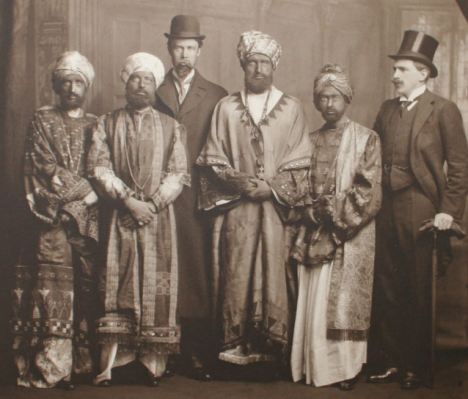
The world’s most beautiful book is also its most mysterious. The Hypnerotomachia Poliphili, published anonymously in 1499, recounts the “struggle for love in a dream” of Poliphilo, who pursues his beloved Polia through 370 pages of gorgeous woodcuts and epoch-making typography. Their story is told in a cryptic polyglot text of Tuscan, Latin, Greek, Hebrew, and Arabic, replete with arcane references and hidden meanings.
“The Hypnerotomachia is a catalogue of every possible and imaginable foil to understanding,” writes Liane LeFavre in her 2005 exploration of the text. “On every page one is confronted by words whose meaning must be deciphered, inscriptions that have to be interpreted, episodes whose conclusion is ambiguous, a hero and a heroine who embody ideas that have to be divined. Texts and images in code, symbolic images and their interpretation, are recurrent patterns in these cryptic tactics.”
The author’s enormous erudition continually interrupts his story: He fills 200 pages with architectural descriptions and another 60 with botanical lore. The book’s patron, Leonardo Crasso, wrote that it contains “so much science that one would search in vain through all the ancient books [for its meaning], as is the case for many occult things of nature.” The author, he wrote, “devised his work so that only the wise may penetrate the sanctuary.”
Why would anyone produce such a prodigious work of art and learning and then conceal his identity? No one knows for certain. A century and a half after its publication, a French reader discovered an acrostic concealed in the first letters of the book’s 39 chapters. These spell out “Poliam Frater Francescus Columnia Peramavit,” or “Brother Francesco Colonna loved Polonna immensely.” Who was Francesco Colonna? There are two candidates by that name, a Venetian friar and a Roman aristocrat. But both lived on for decades after 1499 and neither claimed to be author of this remarkable book. His identity, and that of the illustrator, remain uncertain.






